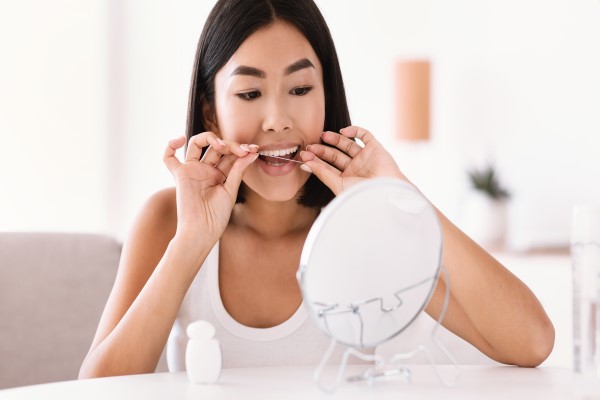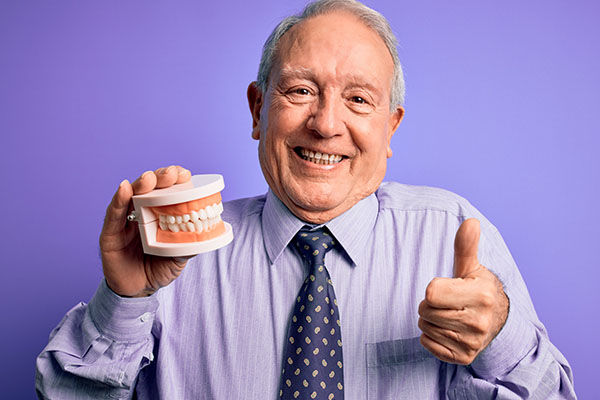Everyday Preventive Dentistry Habits Healthy Teeth

Preventive dentistry aims to keep an individual away from severe dental problems. It is always better to get ahead of the issue than deal with full-blown dental problems. Prevention is easier than going through corrective dental procedures. It can save you a lot of time and money. If you want to start preventive dentistry habits, here are the details.
Using fluoride
Fluoride is an important weapon against dental decay. It is a natural dental protectant. Using fluoride-rich mouthwash or toothpaste leaves a protective layer against harmful bacteria. Fluoridated tap water can also help strengthen and protect teeth.
Improving daily oral care routines
Making some adjustments to daily oral care practices is part of preventive dentistry. Brushing for two minutes allows more time to remove bacteria and food particles. Doing this two times a day is ideal. Using mouthwash after brushing can leave the mouth healthier.
Flossing once a day can also prevent dental issues. Doing so when the person’s energy levels are high is better. This ensures full concentration in using dental floss. Flossing in the morning might be better for some people than flossing before bed.
Short circular brushing motions with light pressure are better than brushing hard. This eliminates plaque and food particles without damaging the enamel. Using a soft-bristled toothbrush does not strip off the enamel at all. It keeps the enamel intact while keeping the teeth clean.
Wearing mouthguards
Dental damage is possible while playing contact sports and outdoor activities. Wearing a mouthguard is a type of preventive dentistry. It can protect teeth and gums from the damaging effects of a facial or mouth injury. This prevents cracks, chips, and even tooth loss. Bruxism or teeth grinding can also cause dental damage. Using a mouthguard at night can protect teeth from dental cracks and early wear.
Eating less sugary or carbohydrate-rich foods
Looking at an individual’s food choices can also help. Better dental health involves decreasing the consumption of carbohydrates. Sweets and pastries feed the bacteria in the mouth. This results in the formation of more plaque. There are always healthier snack options out there, especially for kids.
Quitting smoking
Chewing or smoking tobacco can lead to oral health and general health issues. The risk of developing periodontal disease is greater when the person consumes tobacco. Less frequent use of tobacco products can improve a person’s oral health. This method can also enhance an individual’s general health.
Getting orthodontic treatments
Orthodontic treatments are part of preventive dentistry. Correcting orthodontic problems can help prevent the development of other dental problems. Straightening misaligned teeth removes unreachable areas during cleaning. Braces, aligners, and retainers are effective in straightening teeth. These methods can prevent more dental problems as the years pass.
Keeping dental appointments
Daily oral care helps maintain teeth and gum health. Routine dental visits can strengthen this daily practice. Each scheduled appointment involves professional dental cleaning. Here, the dentist can remove stains and tartar. The dentist can detect any signs of decay and periodontitis as well.
Preventive dentistry aims to keep dental issues at bay
Prevention is always a better choice than going through tedious treatments. The same applies to oral health. Using preventive dentistry, you and your dentist can ward off teeth and gum issues. It can also save you from costly and tedious dental treatments later on.
Are you considering preventive dentistry in the Philadelphia area? Get more information at https://frankforddentalcare.com.
Check out what others are saying about our dental services on Yelp: Preventative Dental Care in Philadelphia, PA.
Recent Posts
Natural teeth serve a very important function, and a preventive dentist can ensure they stay protected. They are the first line of the digestive system as they are used to grind down food into smaller bits that can be easily swallowed. Teeth also help in speech and communication. They are necessary to pronounce certain words,…
A check-up and dental cleaning is an essential part of taking care of your teeth. It can help prevent the onset of many oral diseases while also helping to improve your smile's appearance. After all, you only get one set of natural adult teeth, so it's up to you to properly take care of them.…
If you need to get your teeth cleaned regularly, you probably know that the dental cleaning process itself isn’t exactly fun. Still, it’s worth enduring these uncomfortable moments in order to protect your smile and keep your mouth clean and healthy. If you’re getting your teeth cleaned regularly or if you just want to learn…
Professional dental cleaning is a need in achieving optimal dental health. Good daily oral care is significant. But seeing your dentist ensures the removal of tartar and plaque. The absence of these substances ensures the longevity of your teeth and gums. If you want to know how to improve your oral hygiene, here are some…


